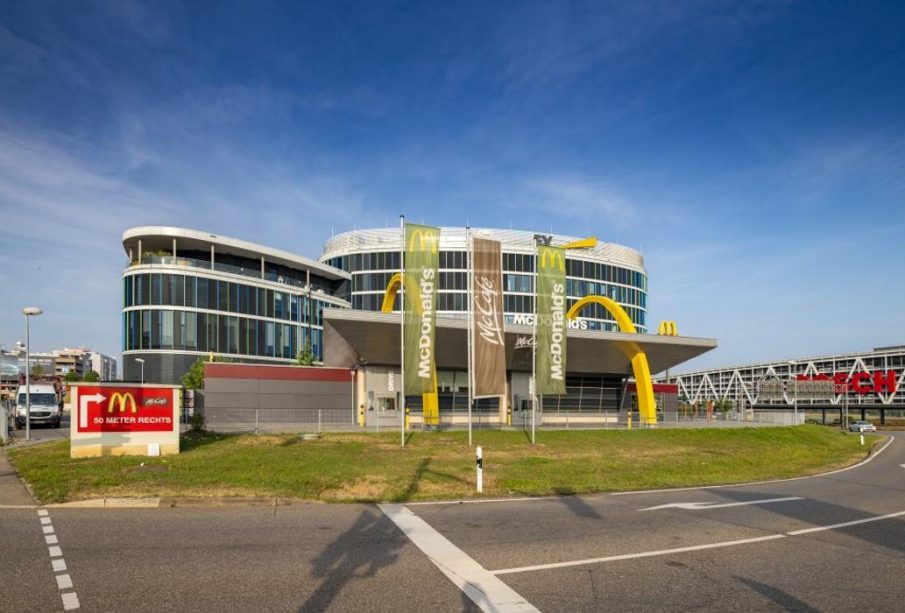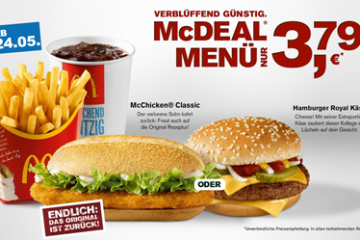Understanding McDonald’s Impact on Global Fast Food Culture

Introduction
McDonald’s has long been a cornerstone of the fast food industry, influencing eating habits around the world. With more than 38,000 locations in over 100 countries, it has become synonymous with quick service and family dining. Its impact on global culture, economic strategies, and even nutrition reflects how a single brand can shape dining and consumer behaviours internationally. As the industry adapts to trends such as health consciousness and sustainability, McDonald’s plays a pivotal role in guiding these changes.
Recent Developments
Recently, McDonald’s has made headlines due to various initiatives aimed at sustainability and digital transformation. In October 2023, the company announced its commitment to be ‘Net Zero’ by 2050, pledging to reduce greenhouse gas emissions across its supply chain. This aligns with growing consumer demand for responsible corporate practices. The fast-food giant also tested new plant-based menu items across multiple markets, acknowledging the increasing preference for vegetarian and vegan diets.
In addition to health-conscious menu items, McDonald’s is enhancing customer experience through digital innovation. The rollout of self-service kiosks and a dedicated mobile application has improved ordering convenience and speed. The mobile app features exclusive deals and promotions, significantly enhancing customer engagement during a period of shifting dining habits toward digital platforms.
Global Challenges
Despite its successes, McDonald’s faces challenges, especially in the increasingly competitive fast food sector. The rise of local and healthier meal options poses a threat to the traditional fast food model. In regions like Europe and Asia, consumers are opting for more gourmet and artisanal experiences, which could affect McDonald’s market share. The company must navigate these changes to remain relevant and appealing to a broader audience.
Conclusion
As McDonald’s continues to evolve, its relevance in the fast food landscape hinges on its ability to adapt to changing consumer preferences. By focusing on sustainability and technology, the brand aims to maintain its dominance while addressing the growing appetite for healthier options. Observing how McDonald’s navigates these trends will offer crucial insights into the future trajectory of fast food culture worldwide. The ongoing commitment to environmental responsibility may also encourage other global companies to follow suit, ultimately reshaping the industry for the better.








